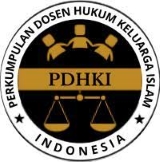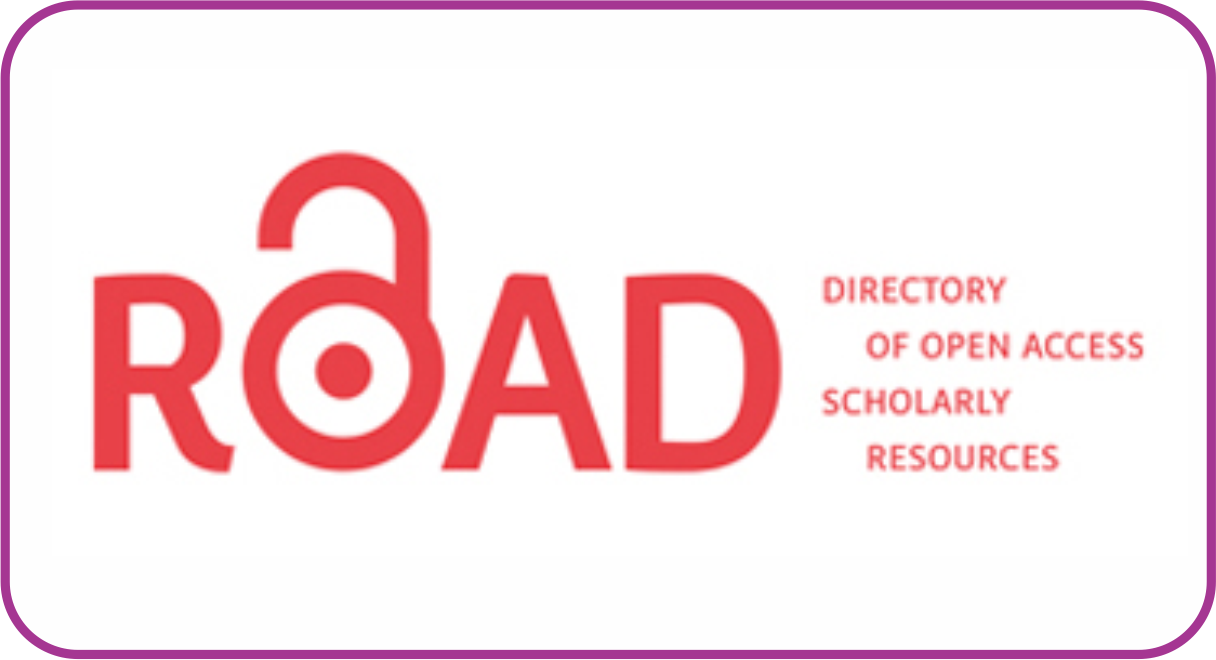TINJAUAN HUKUM ISLAM TERHADAP PENYALURAN ZAKAT MELALUI LEMBAGA AMIL DI INDONESIA
Abstract
This article examines the analysis of zakat distribution through amil zakat institutions in Indonesia from the perspective of Islamic law. The phenomenon that occurs is that communities prefer to distribute zakat directly to mustahik, this is influenced by several factors such as religiosity where individuals feel more inner satisfaction if they meet directly with mustahik. This phenomenon needs to be studied how Islamic law views the correct distribution and management of zakat according to sharia. The research purpose is to provide knowledge for readers regarding the law of distributing zakat through amil institutions. This article uses literature research. The data used consists of primary data, namely books that discuss zakat. Second, secondary data in the form of law books and laws. Third, relevant journals. Data collection techniques by analyzing all data then draw conclusions. The result of this research is that zakat must be channeled through an institution so that it can be managed properly. The explicit command of zakat management can be found in verse 103 of Surah at-Taubah. The explanation of Qurtubi's interpretation shows the obligation of zakat to be managed by people who are trusted for it, which in Qurtubi's term is referred to as intermediaries. the need for zakat managers who work to ensure that zakat is received correctly, and especially distributed correctly to the rightful people. The Hadith narrated by Bukhari also emphasizes the importance of zakat management. The word tu'hdzu in the hadith requires zakat to be managed by appointed officials, not paid directly to individuals. So it can be concluded that the distribution of zakat through an amil institution is very mandatory so that zakat management can be managed properly and right on target and in accordance with the objectives of the implementation of zakat.
Keywords
Full Text:
PDFReferences
Al-Qurtubi. Al-Jami’li Ahkam Al-Qur’an. Kairo: Maktabah Al-Safa, 2005.
Arabiyyah, Majma Lughah al-. al-Mu’jam al-Watsil. 1 ed. Mesir: Daar al-Ma’arif, 1972.
’Athiyah, Ibn. Al-Muharr al-Waizfi Tafsir Al-Qur’an al-’Aziz. 3 ed. Beirut: Dar al-Kutub al-’Ilmiah, 1993.
Daulay, Abdul Hafiz, dan Irsyad Lubis. “Analisis Faktor-Faktor Penyebab Keengganan Masyarakat Membayar Zakat Melalui Instansi BAZIS/LAZ di Kota Medan.” Jurnal Ekonomi dan Keuangan 3, no. 4 (2015).
Dimasyqi, Abu Alfida’ Ismail Ibn Umar Ibn Katsir al Quraisy ad. Tafsir Al-Qur’an al-Adzim. 4 ed. Riyad: Al Maktabah al-Arabiyah as- Su’udiyah, 1999.
Djatmiko, Hary. “Re-formulation Zakat System as Tax Reduction in Indonesia.” Indonesian Journal of Islam and Muslim Societies 9, no. 1 (2019).
Faisal.et.Al., “Strengthening Zakat Rules in Indonesia: A Legal Study of the Law on Goverment of Aceh.” Samarah: Jurnal Hukum Keluarga dan Hukum Islam 7, no. 1 (Maret 2023).
Husaini, Imam Taqiyuddin Abu Bakar bin Muhammad al. Kifayatul Ahyar Terj. IV. Surabaya: Bina Iman, 2003.
Iswanto, Bambang, dan Miftah Faried Hadinatha. “The Constitutional Court Decision and Islamic Philanthropy Movements: Analysis of Zakat Organizations Legality in Samarinda.” Mazahib: Jurnal Pemikiran Hukum Islam 22, no. 1 (2023).
Kamila, Firda Siva, dan Ima Amaliah. “Faktor-Faktor yang Menentukan Perilaku Masyarakat dalam Membayar Zakat melalui Lembaga Amil Zakat : Studi di Desa Bojongasih Kecamatan Parakansalak Kabupaten Sukabumi.” Bandung Conference Series: Economics Studies 3, no. 1 (2023).
Listiana, Arum Nanda, dan Et.Al. “Digitalisasi Zakat Dalam Upaya Meningkatkan Kesejahteraan Sosial Dan Pemulihan Ekonomi Nasional Selama Pandemi Covid-19.” Diponegoro Journal of Islamic Economics and Business 2, no. 2 (2022): 135. 2, no. 2 (2022).
Mahali, A. Mudjab. Asbabun Nuzul Studi Pendalaman Al-Qur’an. 2 ed. Jakarta: Rajawali Pers, 1989.
Martono, Nanang. Metode Penelitian Kuantitatif: Analisis Isi dan Analisis Data Sekunder. Revisi 2. Jakarta: PT. Raja Grafindo Persada, t.t.
Muhaimin, dan Sirajul Munir. “Integration of Social Regulations and Zakat Management Regulations as National Efforts to Alleviate Poverty.” ZISWAF: Jurnal Zakat dan Wakaf 10, no. 1 (2023).
Muslim, Imam, dan et.all. “Market Segmentation for Qurban Donors of Zakat Amil Institution.” Journal of Indonesian Islam 17, no. 2 (2023).
“Populasi Indonesia 2024 (tinjauan populasi dunia).” Diakses 10 Juni 2024. https://worldpopulationreview.com/countries/indonesia-population.
Qardhawi, Yusuf. Fiqh az-Zakah. tt: Muasasah ar-Risalah, 1973.
Mahkamah Agung RI. Kompilasi Hukum Ekonomi Syariah. Direktorat Jenderal Badan Peradilan Agama, 2011.
Rimpeng, Laila. “Zakat, Islamic Virtues and Social Justice (A Case of the Chiang Mai Zakat Fund in Thailand).” Al-Jami’ah: Journal of Islamic Studies 60, no. 2 (2022).
Shihab, M. Quraish. Tafsir al-Mishbah: Pesan, Kesan dan Keserasian Al-Qur’an. Jakarta: Lentera Hati, 2002.
Syahbandir, Mahdi, dan et.Al. “State Authority for Management of Zakat, Infaq, and Sadaqah as Locally-Generated Revenue: A Case Study as Baitul Mal in Aceh.” al-Ihkam: Jurnal Hukum dan Pranata Sosial 17, no. 2 (2022).
Syaikhu, Norwili, dan Rabiatul Adawiyah. “The Zakat Management Legal Conflict of the Prismatic Society in Central Kalimantan.” Al-Manahij: Jurnal Kajian Hukum Islam 16, no. 2 (2022).
DOI: https://doi.org/10.24952/almaqasid.v10i1.11033
Refbacks
- There are currently no refbacks.
Copyright (c) 2024 Jurnal AL-MAQASID: Jurnal Ilmu Kesyariahan dan Keperdataan

This work is licensed under a Creative Commons Attribution-ShareAlike 4.0 International License.



2.gif)


















